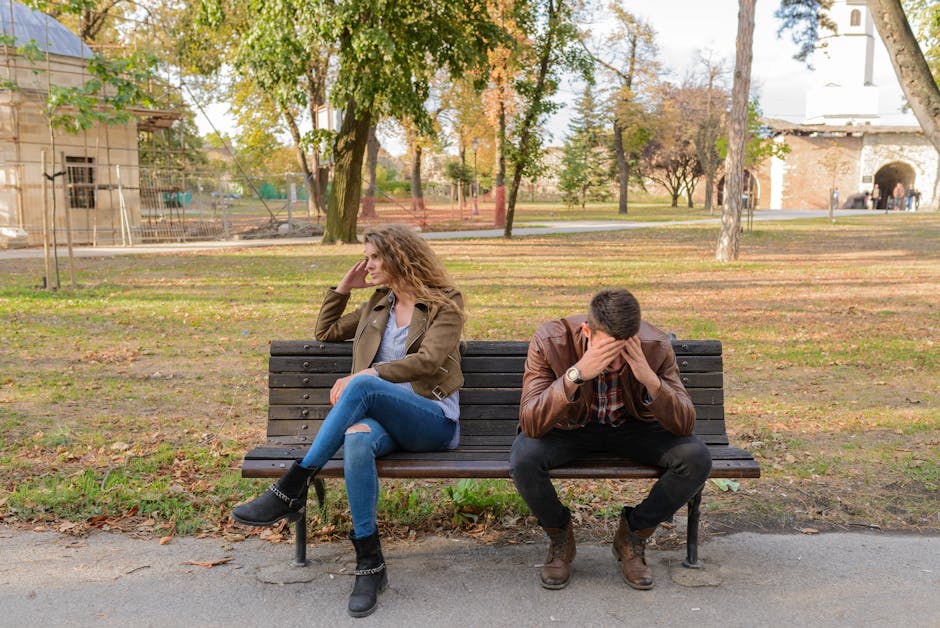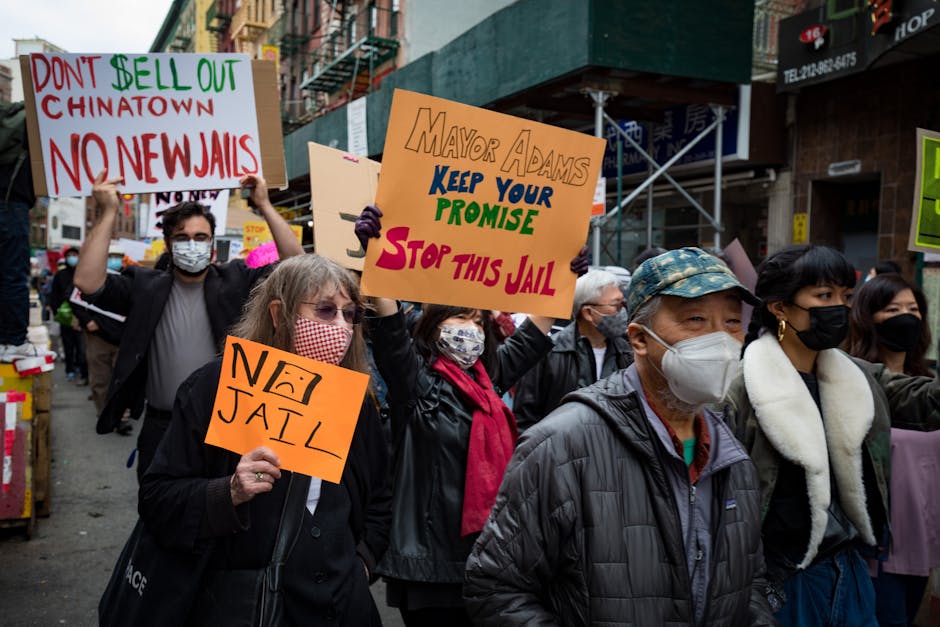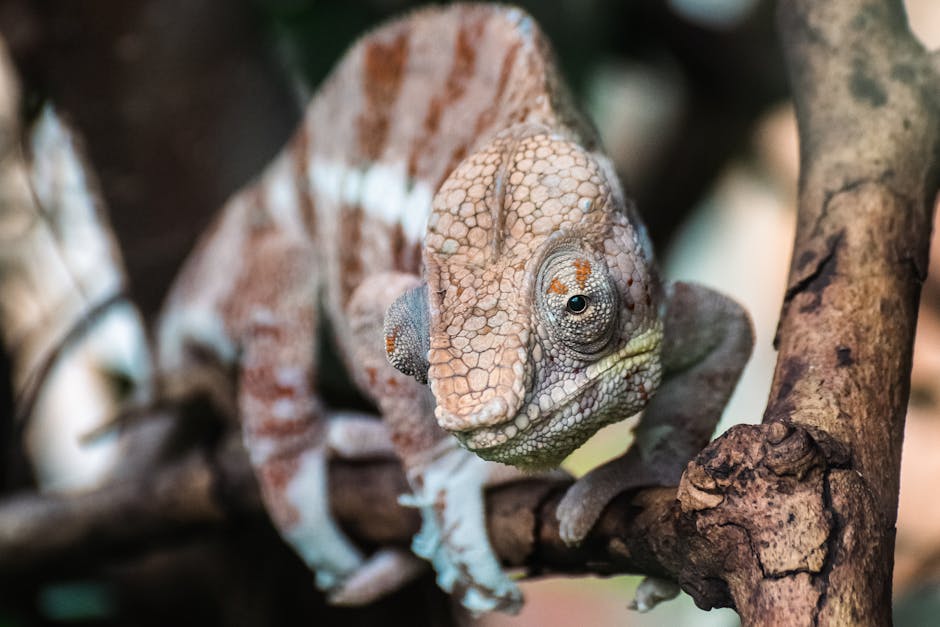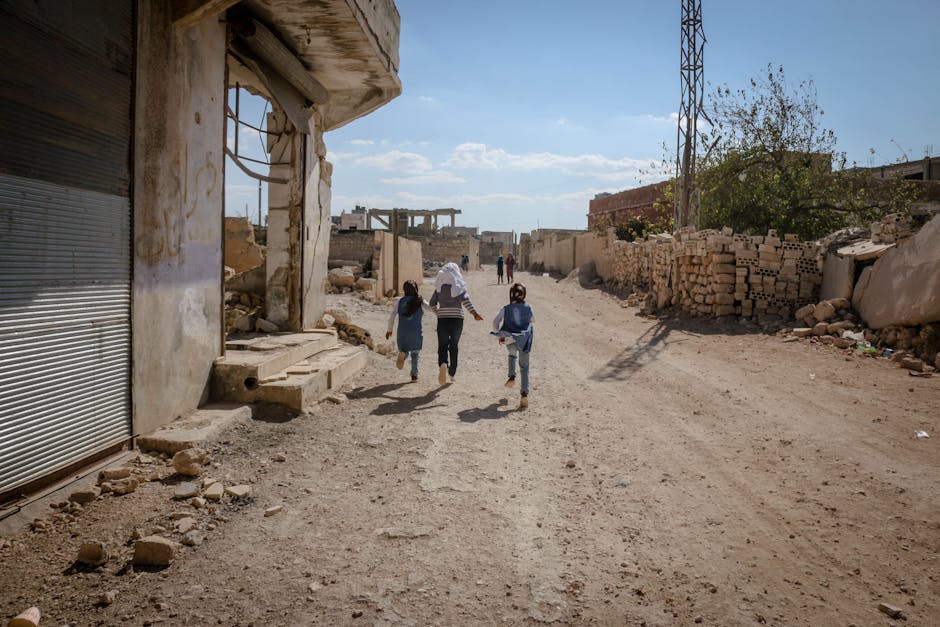A Farmer’s Fight for Survival
In the sun-drenched hills of southern Lebanon, olive trees have stood for centuries—silent witnesses to history. Now, Leila Khoury is waging a fierce battle to protect her family’s groves from climate change and economic ruin. Her story is one of resilience, love for the land, and the unbreakable bond between a people and their heritage.
The Legacy of Lebanon’s Olive Trees
For generations, the Khoury family has tended their olive trees, passing down knowledge of pruning, harvesting, and oil pressing. In Lebanon, these trees symbolize endurance, peace, and identity. “These trees are my ancestors,” Leila says, touching the gnarled trunk of a centuries-old tree. “If they die, a part of us dies with them.”
Yet today, climate change threatens this legacy. Rising temperatures, erratic rainfall, and prolonged droughts weaken trees once thriving in Lebanon’s Mediterranean climate. Pests like the olive fruit fly, unchecked by warmer winters, now devastate harvests.
Crisis Upon Crisis: Lebanon’s Collapse
Lebanon’s economic freefall has worsened the struggle. Since 2019, the currency has lost 90% of its value, making fertilizers, pesticides, and fuel unaffordable. Many farmers have abandoned their land, but Leila refuses.
“If I give up, who will protect these trees?” she asks. With limited resources, she turned to organic farming—using rainwater collection, natural pest repellents, and traditional methods. Her resilience has made her a symbol of hope for environmental groups.
Community & Global Support
Leila’s determination has inspired neighbors to share resources and revive local farming cooperatives. A women’s group now sells organic olive oil locally and online, sustaining their families.
International NGOs are stepping in, providing drought-resistant saplings and climate-smart training. But for many, help comes too late—countless trees have been uprooted, their land sold or left barren.
The Human Cost of a Warming World
Leila’s struggle mirrors that of farmers across the Middle East and North Africa. In Lebanon, where agriculture makes up 5% of GDP, dying olive groves threaten food security and cultural heritage.
“When we lose these trees, we lose our roots,” Leila says, gesturing to a withered tree planted by her great-grandfather. “It survived wars, but not this drought.”
Hope Amid the Ruins
Despite the odds, Leila dreams of transforming her farm into an eco-tourism hub, teaching sustainable farming. “If we adapt, we can survive,” she insists.
Her fight underscores a truth: climate action isn’t just about policies—it’s about people clinging to their heritage against impossible odds.
As sunset bathes her grove in golden light, Leila kneels beside a young sapling. “This one will outlive me,” she smiles. Her roots run deep, but her spirit runs deeper.
For Lebanon’s farmers, the battle isn’t over. And as long as hands tend the soil, the olive trees—and their stories—will endure.
— NextMinuteNews




